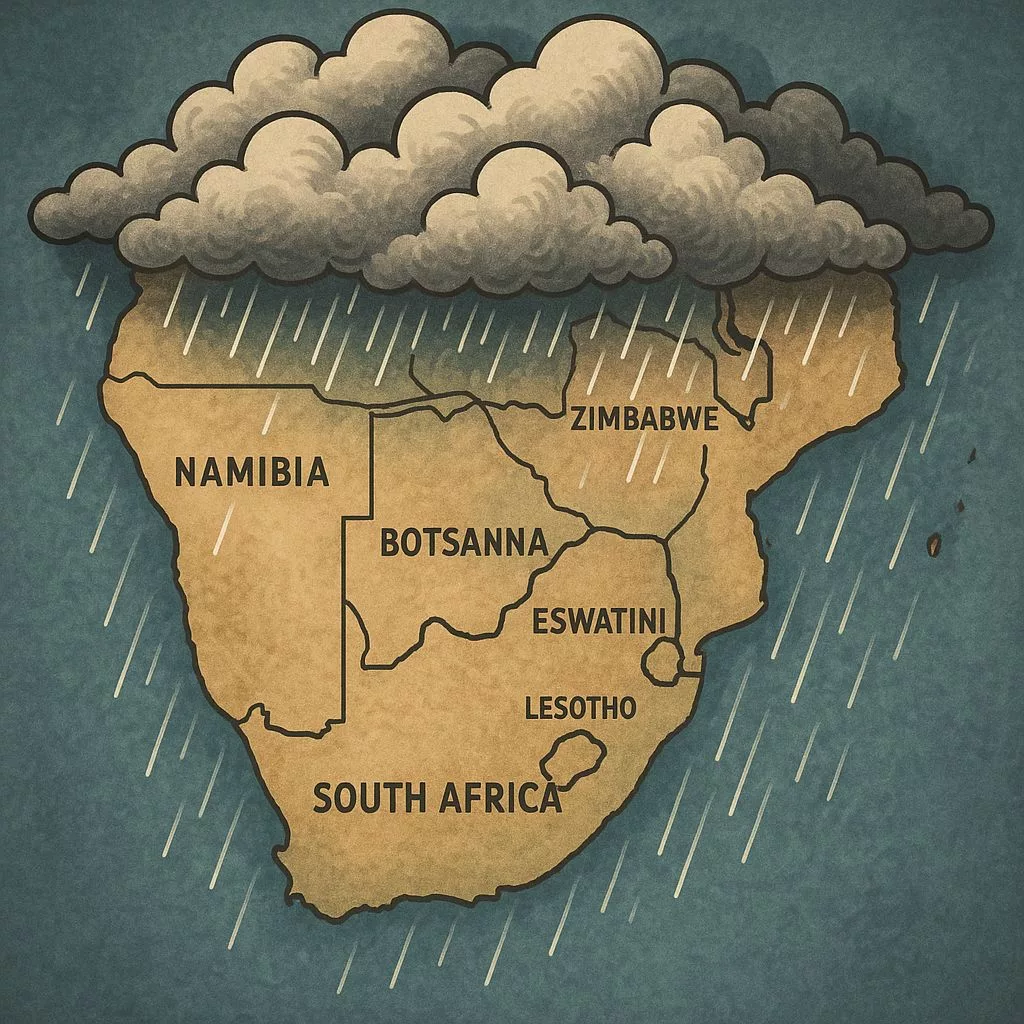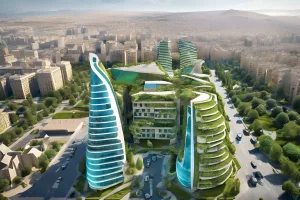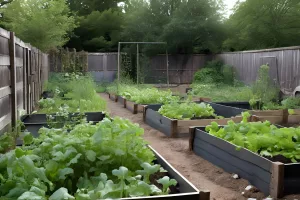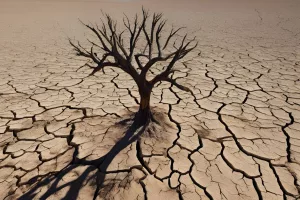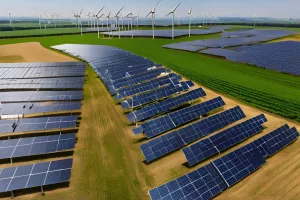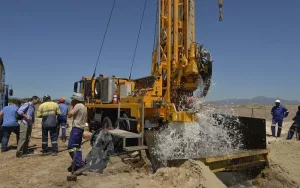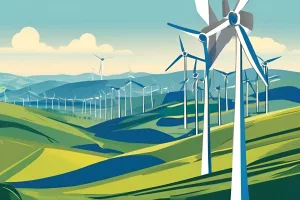The 58th SADC Parliamentary Forum Plenary in Durban, South Africa, is all about tackling big climate problems in Southern Africa. Lawmakers will talk about how to work together to fight climate change, especially helping women and young people who are hit hardest. South Africa, as the host, is showing its strong commitment to these important issues. This meeting aims to make Southern Africa stronger and safer against environmental challenges, building a better future for everyone.
The Southern Ocean, once a steady guardian of Antarctica’s ice, is now changing in surprising ways. Instead of staying cold and fresh, its surface is growing saltier as warm, deep waters rise, melting sea ice and releasing ancient carbon into the air. This shift threatens Antarctic wildlife, like penguins and krill, and could speed up global warming while altering weather far beyond the South Pole. What seemed like a stable natural fortress is now a warning sign of a fragile climate, urging us to act before more damage unfolds.
Cape Town is bracing for a scorching heatwave, with temperatures expected to soar from April 3rd to 6th. Residents are urged to stay cool by drinking lots of water, wearing light clothing, and avoiding the sun during peak hours. Special care should be taken for the elderly and young children, along with pets, who need shade and fresh water. Everyone is encouraged to watch for fire risks and report emergencies to keep the community safe during this intense heat.
Grappling with Nature: Cape Town’s Urgent Call for Preparedness Amid Escalating Weather Challenges
Cape Town is facing a tough winter with wild weather bringing chaos to the city. To stay safe, residents are urged to prepare by making emergency kits, clearing brush around their homes, and joining community workshops on disaster readiness. With a huge rise in weatherrelated incidents recently, everyone needs to pitch in—especially as powerful winds and fires threaten neighborhoods. By working together and using modern tools, Cape Town can better handle these fierce storms and protect its people.
Strengthening Ties: A New Chapter in Western Cape and Bourgogne-Franche-Comté Cooperation
The renewed partnership between Western Cape and BourgogneFrancheComté is an exciting step forward for both regions! This new agreement focuses on working together to tackle important issues like climate change, health care, and economic growth. With a history of cooperation since 2002, they are now expanding their efforts beyond agriculture to include innovative solutions for a better future. Leaders from both areas believe that by joining forces, they can create jobs, enhance public health, and inspire new ideas, all while strengthening ties between South Africa and France. This collaboration shines a bright light on the power of teamwork in a tricky world!
In KwaZuluNatal, South Africa, floods bring a harsh mix of beauty and destruction. The rains can transform landscapes but also drown homes and families, leaving communities in grief and chaos. Ntombikhona Mhlongo’s story highlights the pain of losing loved ones and being trapped by rising waters. Yet, through the heartbreak, the spirit of togetherness shines as neighbors help one another, embodying the idea of Ubuntu—caring for one another. As they rebuild, there is hope for a better future, where art and community strength inspire resilience against nature’s unpredictable dance.
The SA Agulhas II is a crucial ship for studying climate change, sailing from Antarctica to Africa to collect important information about the ocean and its ecosystems. This floating laboratory helps scientists understand how rising ocean temperatures affect weather patterns and coastal communities in South Africa. Its research highlights the urgent need to protect our planet, showing that the ocean’s health is key to our survival. As it prepares for its next journey, the SA Agulhas II remains a symbol of hope and knowledge in the fight against climate change.
Global warming is hurting the health of pregnant women and newborns. Rising temperatures can cause problems like preterm births and low birth weights, as heat stress makes it hard for mothers to stay healthy. This tough situation is even worse for women in poor areas, where they often live in hot, cramped homes and lack proper healthcare. To protect mothers and babies, we need better living conditions, healthcare support, and policies that consider the unique challenges faced by pregnant women, especially in vulnerable communities. Together, we can create a healthier future for all.
The PreCOP29 meeting in Baku was a big step towards fighting climate change. Leaders from different countries gathered to share ideas on how to lower emissions and work together for a better future. They focused on important topics like the Mitigation Work Program to help countries learn from each other and bring in new technologies. Everyone recognized that strong teamwork and open talks are essential to tackle the challenges we face and ensure a greener world.
In Citrusdal, farmers face tough times as floods destroy their crops and cut off their roads. Their once vibrant fields of vegetables have turned into sad reminders of loss. Despite rising food prices and the struggle to find enough to eat, these farmers show incredible strength and teamwork. With a passionate spirit and hope for better harvests, they continue to care for their land, dreaming of brighter days ahead. Their story is a powerful reminder of resilience and the deep connection between people and nature.
Dion George, a prominent figure in South African politics, addressed critical environmental issues at the African Ministerial Conference on the Environment (AMCEN). He emphasized the devastating effects of drought on vulnerable communities, the necessity for a consensus to address drought, and the importance of innovative financial resources to achieve sustainable development goals. He also highlighted the urgent need to address pollution, particularly plastic pollution, and proposed a legally binding instrument tailored to Africa’s unique conditions.
Climate change is a real and urgent crisis that poses physical and transitionrelated threats to South Africa. The country is vulnerable due to its increased warming rate, which results in droughts, fierce storms, and rising sea levels that endanger its food and water supply, infrastructure, and the health of its inhabitants and wildlife. However, the transition process could provide opportunities for voluntary decarbonization and significant “climate returns” for investors. To ensure fairness and equity, comprehensive changes in policy, law, technology, and market are required, and addressing social risks, particularly potential job losses, is fundamental.
Mitigation of Climate Change Disasters in South Africa: A Call for Early Warning Systems
South Africa is among the nations most intensely affected by natural disasters, making the development of early warning systems vital in mitigating the effects of climate change. The Deputy Minister of Forestry, Fisheries and the Environment, Bernice Swarts, stressed the importance of collective adaptation and collaboration during a national workshop orchestrated by the South African Weather Service. The ‘Early Warnings for All’ initiative led by SAWS aims to provide an adequate warning dissemination system that reaches remote areas and vulnerable populations.
Pioneering a Comprehensive Approach to Climate Change: South Africa Leads the Way with Groundbreaking Legislation
South Africa has taken a bold step towards tackling climate change with the recent signing of the Climate Change Bill into law by President Cyril Ramaphosa. The law provides a structured approach to South Africa’s response to climate change, addressing urgent issues such as governance, climate change mitigation strategies, and the potentially catastrophic effects on agriculture and food supplies. This legislation sets a precedent for South Africa’s regional partners and the international community, highlighting the importance of collective action in the face of a global environmental crisis.
The New Water Program aims to provide an additional 300 million liters of fresh water daily by 2030 to secure a resilient water supply for the city’s growth. Cape Town has had a successful water security program amidst climate change, including water reuse, desalination, and invasive species removal. Even with dam levels over 90%, the fixed basic charge for water services remains necessary, and the city is committed to a watersecure future despite the challenges of climate change.
South African President Cyril Ramaphosa spoke at the 2024 Climate Resilience Symposium in Tshwane, emphasizing the tangible impact of climate change, the economic consequences and opportunities, and the societal dimensions of the issue. He called for a managed transition to a lowcarbon economy, investing in green infrastructure, and accelerating decarbonization efforts, while also highlighting South Africa’s commitment to attaining net zero emissions by 2050 and called for a nationwide effort to construct a climateresilient country. Ramaphosa’s speech was a call to action for urgent collective action towards building a sustainable future.

